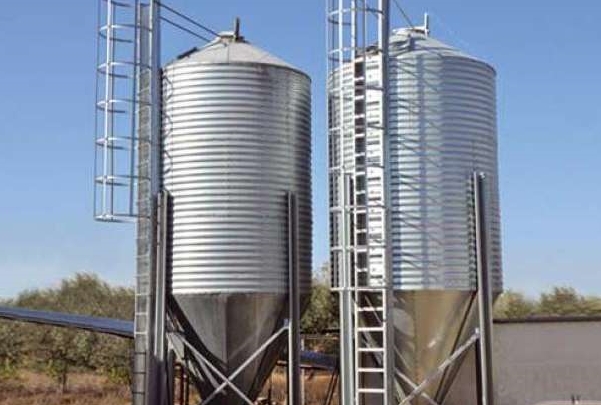Japanese researchers developed a multiprocessing system of agricultural crops into silage and biofuel

This development allows performing production directly at farm enterprise avoiding logistic costs.
According to standard classification the first generation biofuel is considered to be ethanol produced from such agricultural crops as corn and sugarcane. However enlarging its production led to a certain unbalance in acreage use and grain price grow. Inedible vegetable materials fermentation such as straw and timber known as the second generation biofuel were considered as a good alternative however this process had its own limits.
Mitsuo Horita specialist at the Japanese National Institute of Agricultural Sciences considered the main problem of the second generation biofuel production was a necessity to construct large production complexes along with logistic expense and complicated recycling technologies that increased final product manufacturing cost and required huge energy consumption.
'We have developed a system demonstrating the manufacturing potential directly at a farm unit. It does not require complicated processes or highly technological equipment and based upon traditional processes used by farmers for silage production. As a result we have an increased amount of ethanol, high-quality forage and zero net wastes', said Mr. Horita.
Production process represents a long-term fermentation when raw materials are being recycled into ethanol. Then draining and distilling processes are performed to separate biofuel from high-quality forage.
During tests after a six month period of fermentation 12, 4 kg of pure ethanol were produced from one bale of raw material. Remained vegetable raw material sustained comparison with regular silage according to such characteristics as lactic acid, sugar and crude protein content. Despite the process takes a lot of time it requires no energy at all. The above mentioned systems could be installed at any private farm enterprise as a source of constant fuel supply. Scientists plan to continue the research in order to improve ethanol production level and to define a system vital cycle influence for the environment.
Any copying and distributing the material of Ukrainian Biofuel Portal
without active hyperlink is stricly prohibited !
Link to this news:
Japanese researchers developed a multiprocessing system of agricultural crops into silage and biofuel
Copy & Paste This Code to your website:
Views: 1583 Added: 13-03-2015






